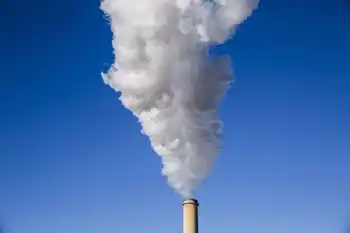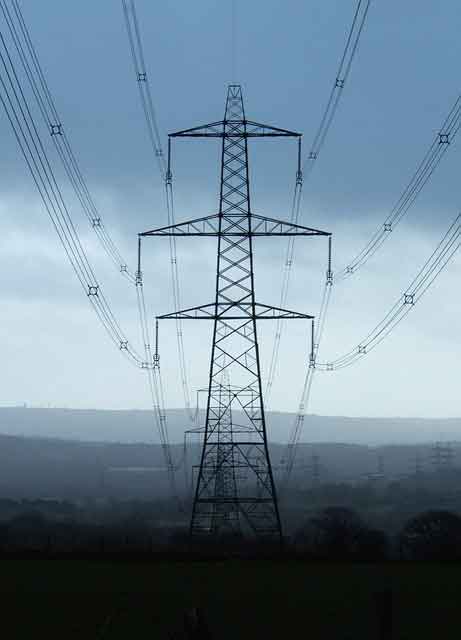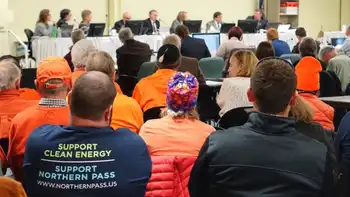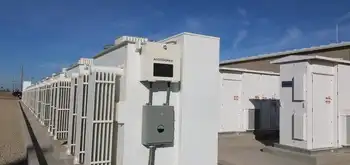NIPSCO seeks 15 per cent rate hike
MERRILLVILLE, INDIANA - Northern Indiana Public Service Co. is seeking a pair of electric rate hikes that could boost residential utility bills nearly 15 percent by 2010.
Representatives of the Merrillville, Ind.-based utility told the Indiana Utility Regulatory Commission that the rate increases are needed to cover increased operating and maintenance costs, and to bring the Sugar Creek generating facility in Terre Haute, Ind., on line.
Hammond, Ind., Mayor Tom McDermott Jr., who opposes the increases, said customers deserve a rate cut.
“In a time like this, where people are paying $4 for a gallon of gas and people losing their homes and jobs, it’s ridiculous for a company to be asking for any increase,” he told the IURC.
Last month, McDermott and LaPorte County attorney Shaw Friedman announced their intent to oppose NIPSCOÂ’s proposed rate increase before the IURC.
Hearings on the case will start Jan. 6 with a public hearing set for sometime early in the year. The IURC will make the final ruling on the rates, and NIPSCO will receive a final decision in late 2009 or early 2010.
NIPSCO spokesman Nick Meyer said the proposed rate structure reflects the cost to serve each customer group. Increases will likely be lower among commercial and industrial customers.
“With residential customers, there’s a lot more costs associated with servicing and transmission,” Meyer said.
The Citizens Action Coalition will begin combing through NIPSCOÂ’s more than 1,000-page petition soon, said Jerry Polk, the lawyer representing the coalition in the rate case.
The rate request is only for electric service. NIPSCO also provides natural gas service for much of the northern third of Indiana.
Related News

Diesel Prices Return to Pre-Ukrainian Conflict Levels
FRANCE - In a significant development for French consumers and businesses alike, diesel prices in France have recently fallen back to levels last seen before the Ukrainian conflict began. This drop comes as a relief to many who have been grappling with volatile energy costs and their impact on the cost of living and business operations. The return to lower diesel prices is a noteworthy shift in the energy landscape, with implications for the French economy, transportation sector, and broader European market.
Context of Rising Diesel Prices
The onset of the Ukrainian conflict in early 2022 triggered a dramatic increase…




